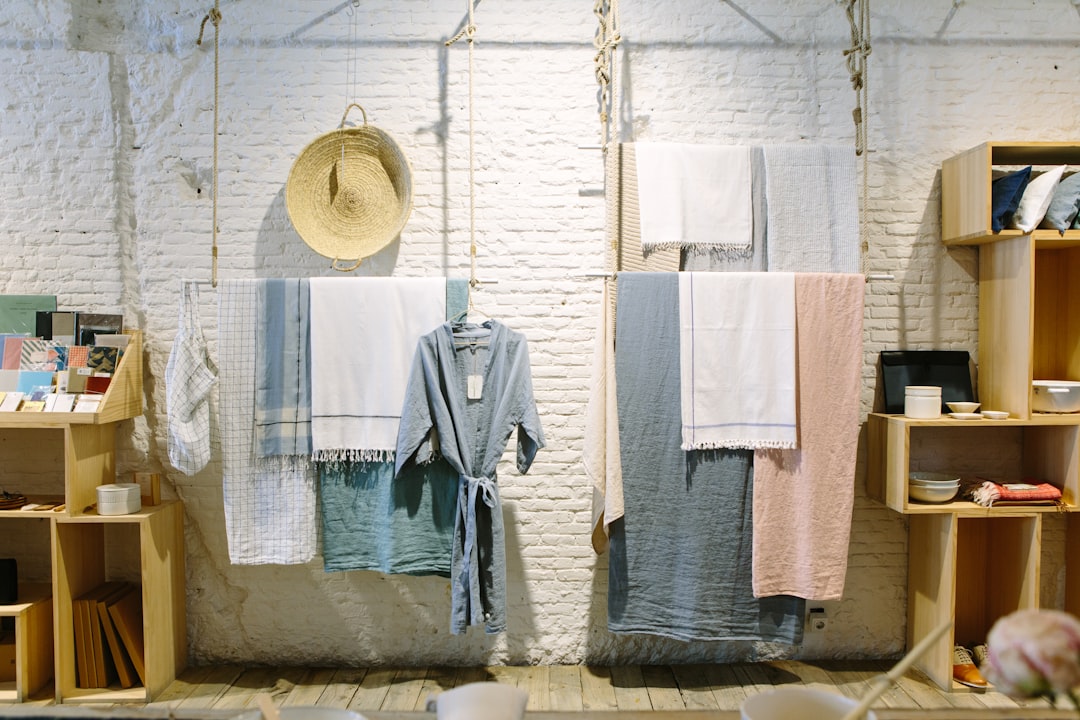
Clothing is more than just fabric stitched together – it’s a powerful tool that can shape how we perceive ourselves and how others see us. The psychology of dressing well goes beyond aesthetics; it delves into the intricate ways in which our clothing choices can impact our mood, behavior, and confidence.
Research has shown that what we wear can affect our cognitive processes and even alter our behavior. The phenomenon known as ‘enclothed cognition’ suggests that the symbolic meaning of clothing can influence the wearer’s psychological processes. For example, wearing formal attire can enhance cognitive performance and boost self-assurance, while dressing casually may promote a more relaxed and laid-back mindset.
The concept of ‘dress for success’ isn’t just a cliché – it’s rooted in the idea that our clothing can convey competence, professionalism, and authority. By dressing the part, we not only signal our intentions to others but also signal them to ourselves, reinforcing a positive self-image and mindset.
On a more personal level, the act of dressing well can be a form of self-care and self-expression. Choosing outfits that make you feel confident and comfortable can have a significant impact on your overall well-being. Whether it’s a power suit for a job interview or your favorite cozy sweater on a rainy day, the clothes we wear can act as armor, comfort, or a creative outlet.
So the next time you’re getting dressed in the morning, consider the psychological impact of your clothing choices. Dress with intention, choose outfits that make you feel good, and embrace the transformative power of fashion. Remember, it’s not just about what you wear – it’s about how it makes you feel.
